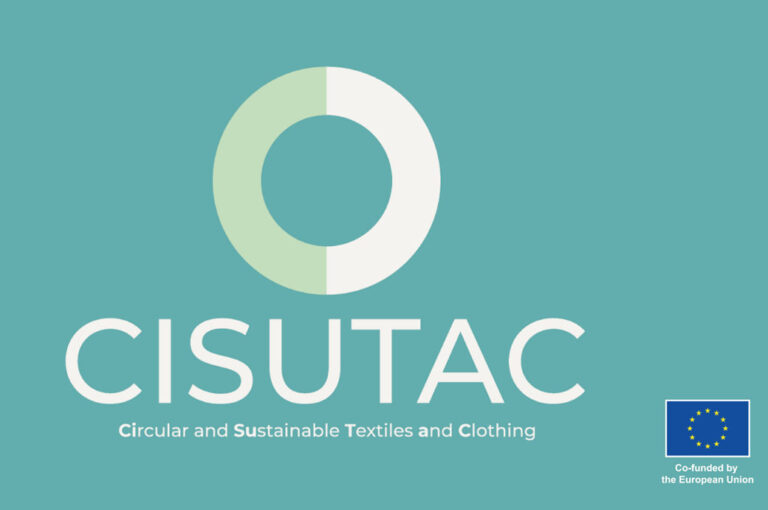
[ad_1]
The objective of the project is to minimise the sector’s total environmental impact by developing new, sustainable, and integrated large-scale European value chains, according to a press release by EURATEX.
A consortium of 27 partners including EURATEX (European Apparel and Textile Confederation) has launched the new Horizon Europe project CISUTAC (Circular and Sustainable Textiles and Clothing) to support the transition to a circular textile sector and economy. CISUTAC aims to remove current bottlenecks in order to increase textile circularity in Europe.
The project will include most parts of the textile sector: comprising the two groups of fibres that represent almost 90 per cent of all textile fibres (polyester and cotton/cellulose) and focusing on products from three sub-sectors experiencing most circularity bottlenecks (fashion garments, sports and outdoor goods, and workwear).
CISUTAC will follow a holistic approach covering the technical, sectoral, and socio-economic aspects of textile value chain, and will perform three pilot phases to demonstrate the feasibility and value of repair and disassembling; sorting (for reuse and recycling); and circular garments through fibre-to-fibre recycling and design for circularity.
To realise these pilots, the consortium partners will develop semi-automated workstations, analyse infrastructure and material flows, digitally enhance sorting operations (for reuse and recycling), and raise awareness among consumers and the textile industry.
As part of the CISUTAC consortium, EURATEX will facilitate the circular economy transition; liaise with other projects and initiatives; support the development of training and education material, including masterclasses and MOOC; raise awareness in Europe of the environmental impact of textile; and provide input for policy, standardisation, and certification to facilitate the transition to the circular economy, added the release.
Fibre2Fashion News Desk (NB)
[ad_2]
Source link